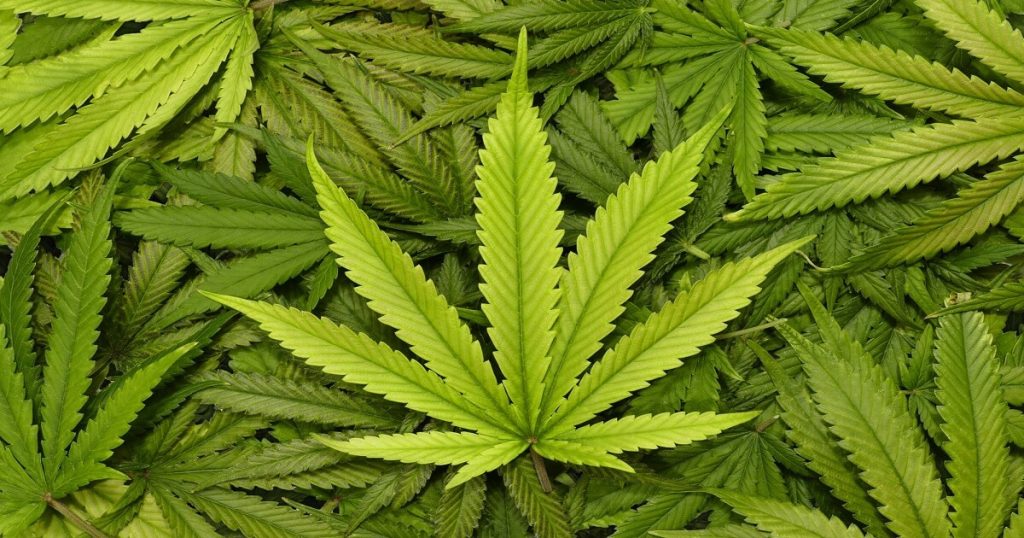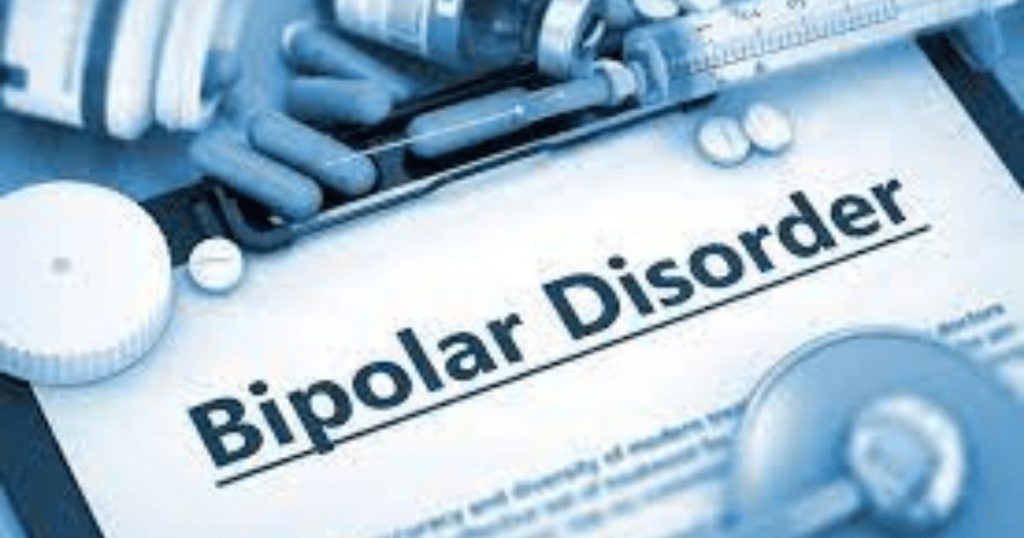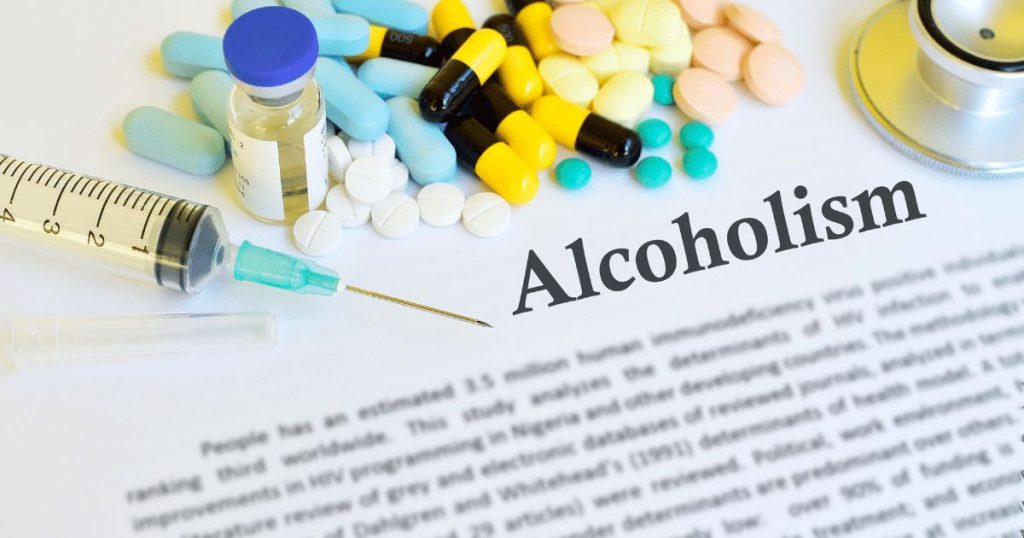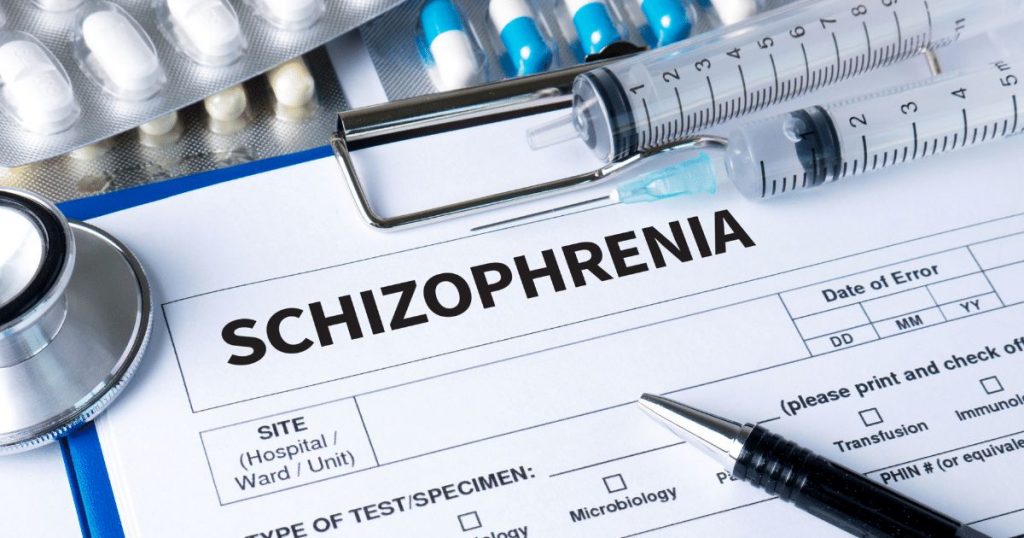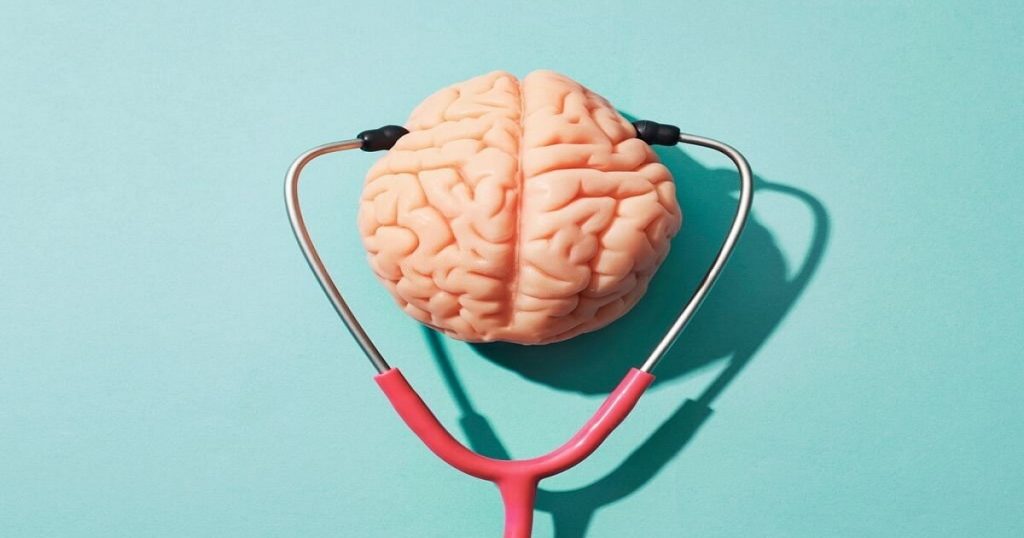The term ‘cannabis’ refers to the cannabis plant (cannabis sativa, also known as the hemp plant) and to its main products, namely marijuana and hashish. People use the dried leaves, seed oil, and other parts of the cannabis plant for recreational and medicinal purposes. It primarily contains the psychoactive cannabinoid THC (delta9 tetrahydrocannabinol) and the non-psychoactive cannabidiol (CBD).
Other names of cannabis included Marijuana, pot, weed, hash, dope, ganja, grass, reefer, mary jane, dagga, gangster, bhang, skunk.
Cannabis is widely consumed in Pakistan as charas and bhang.
What does it do to you?
When you smoke cannabis, the active compounds reach your brain quickly through your bloodstream. It then binds/sticks to a special receptor in your brain. This causes your nerve cells to release different chemicals, and causes the effects that you feel. These effects can be enjoyable or unpleasant. Often the bad effects take longer to appear than the pleasant ones.
- Good/pleasant effects: You may feel relaxed and talkative, and colors or music may seem more intense.
- Unpleasant effects: Feeling sick/panicky, feeling paranoid or hearing voices, feeling depressed and unmotivated.
Unfortunately, some people can find cannabis addictive and have trouble stopping even when they are not enjoying it.
Is cannabis addictive?
About 1 in 10 regular cannabis users become dependent on it. Your risk of getting addicted is higher if you start using it in your teens or use it every day. You can develop a tolerance to cannabis if you use it regularly. This means you need more to get the same effect.
If you become addicted, you may feel withdrawal symptoms when you don’t use cannabis. For example, you might:
- Be irritable, have cravings, have sleep problems, be restless, and have mood swings.
Can cannabis affect my mental health?
Regular cannabis use is linked to an increased risk of anxiety and depression. But most research seems to have a focus on the link between psychosis and cannabis. Using cannabis can increase the risk of later developing psychotic illness, including schizophrenia.
You are more likely to develop a psychotic illness if you smoke cannabis. And are ‘genetically vulnerable’ to mental health problems.
‘Genetically vulnerable’ means that you are naturally more likely to develop a mental health problem. For example, if people in your family have a mental illness, you may be more likely to develop a mental health problem. If someone in your family has depression or schizophrenia, you are at higher risk of getting this illness when you use cannabis.
What can you do?
If you are worried about the effect that cannabis might be having on your mental health, talk to somebody about it. This could be friends, family, or any professional. There are lots of people who can help you decide whether you do have a problem, and what you can do about it. However, if you don’t talk about it, you are unlikely to get help.
Mental health problems do get better if you treat them at an early stage.

